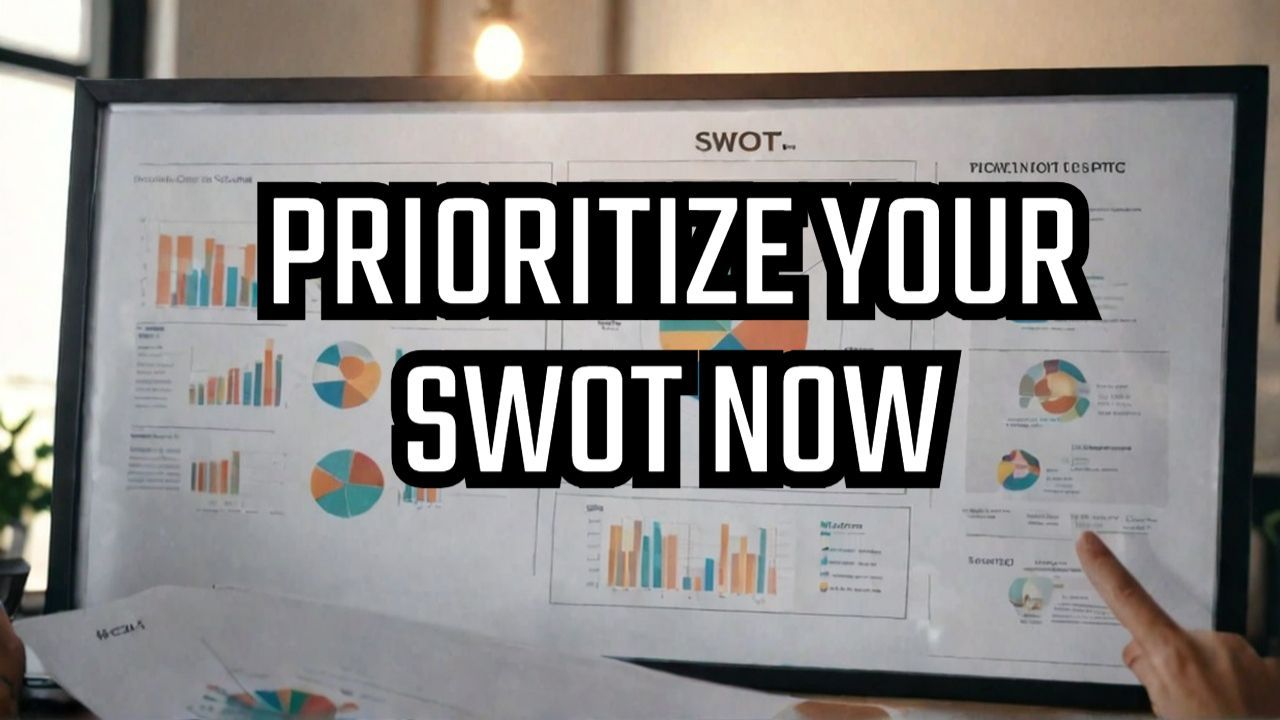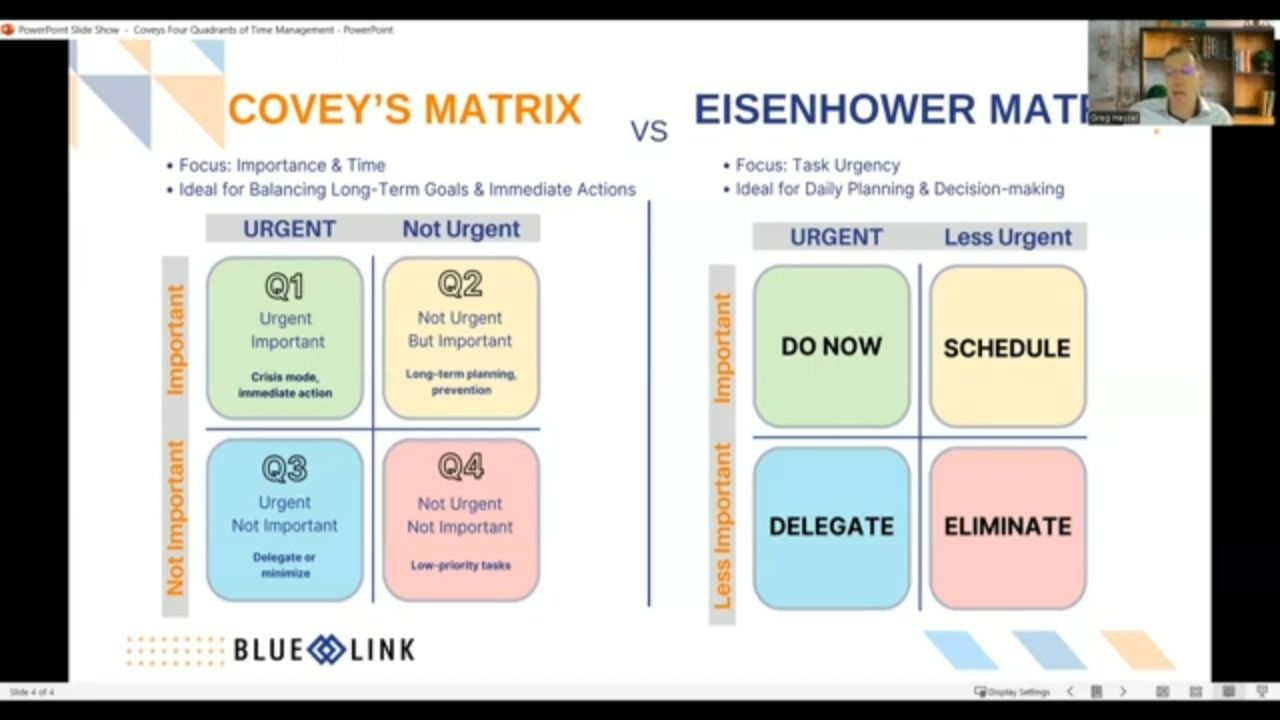Conflict Resolution Tips: 9 Ways Mediators Control the Process
How Mediators Control the Process to Manage Conflict

Many people informally “mediate” disputes. They are looking to increase their toolbox of mediation skills. In general, mediators support the people, lead the process, and help the parties solve the problems. In this blog, I have nine specific tools mediators use to control the process.
1. Identify Positions and Interests: Most people start negotiating from a positional win/lose perspective. In other words, they start with a solution without stating the reason why it is important. By identifying interests or what is most important to people, mediators can begin to dig deeper.
2. Identify and Frame Issues to Negotiate: This helps frame the problem in win/win terms. Before the parties start negotiating, they need to agree on the real issues or problems they are trying to solve.
3. Make sure everyone understands the problem before starting to solve it: While similar to number 2, this tool is to ensure both parties say yes to the problem they are trying to solve. Getting verbal buy-in helps focus the process.
4. Listening: While obvious in some ways, deep listening is calming, and the more people feel heard, the more they are willing to work towards a solution.
5. Stay Neutral: If mediators start judging, parties get defensive, making the process harder to control. In some situations, and with some mediators, this is hard. And it is harder when the mediator has a stake in the outcome. Remember to always allow everyone to save face.
6. Set Ground Rules: I often invite the parties to do this for themselves by asking what they have learned from past attempts to have the conversation or what they need from each other to have a successful conversation.
7. Staying focused: If the parties start talking about something other than the issue they have agreed to discuss, or one party brings the conversation away from the future, and back to the past, the mediator may need to refocus the conversation.
8. Summarizing: There are often multiple things happening at once. Tracking all the threads and occasionally summarizing helps the parties focus and feel heard.
9. Interrupting when needed: Some mediators don’t like to do this because it can feel rude to interrupt. However, the parties may need them to take control of the process. Interrupting by paraphrasing what has been said is a soft way to cut someone off and take control.
Every few months I produce a free newsletter. No Spam. Unsubscribe anytime.
For a taste, view the archives
SUBSCRIBE
Blogs and vlogs are sorted by topic at the bottom of each service page
STRATEGIC PLANNING
CHANGE MANAGEMENT
CONFLICT MANAGEMENT
TEAM BUILDING
ASSESSMENTS
EXECUTIVE COACHING
IMPROVING EFFICIENCY
BOARD DEVELOPMENT




